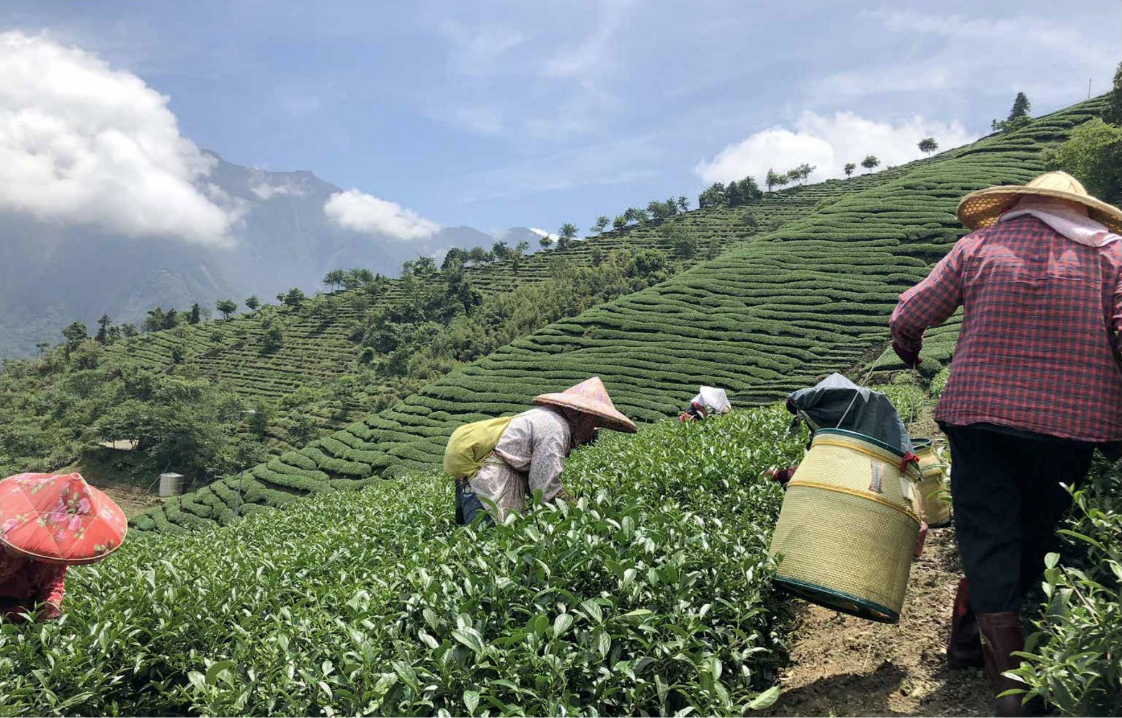Factors affecting quality in tea productionUpdated 2 years ago
Farming & Environment
The environment in which the tea is grown has a significant effect on the quality and flavour of the tea. The elevation, climate (rain fall, average temperature and temperature variation, winds), soil fertility, drainage all affect plant health and the density of cells in the leaves. Tea typically grows within 20 degrees of the equator in tropical climates. Higher elevations typically provide larger variations in temperature with adequate sun and rainfall and produce teas of higher character. This is particularly the case where dry winds reduce moisture and condense the flavours found in the tealeaves and plant health is sustained with adequate organic fertilisers.

Somage tea is grown under organic conditions, which requires only organic composts to be used to nourish the soil, with no chemicals allowed for used in pest and weed control. The soil is nourished using composting and vermiculture, and as such is filled with microorganisms that create a “living” soil which sustains plant health – this approach requires greater manpower and requires greater resources as typically all fertilisers must be created from scratch, weeding is typically done by hand and mulch is placed at the base of the bushes.